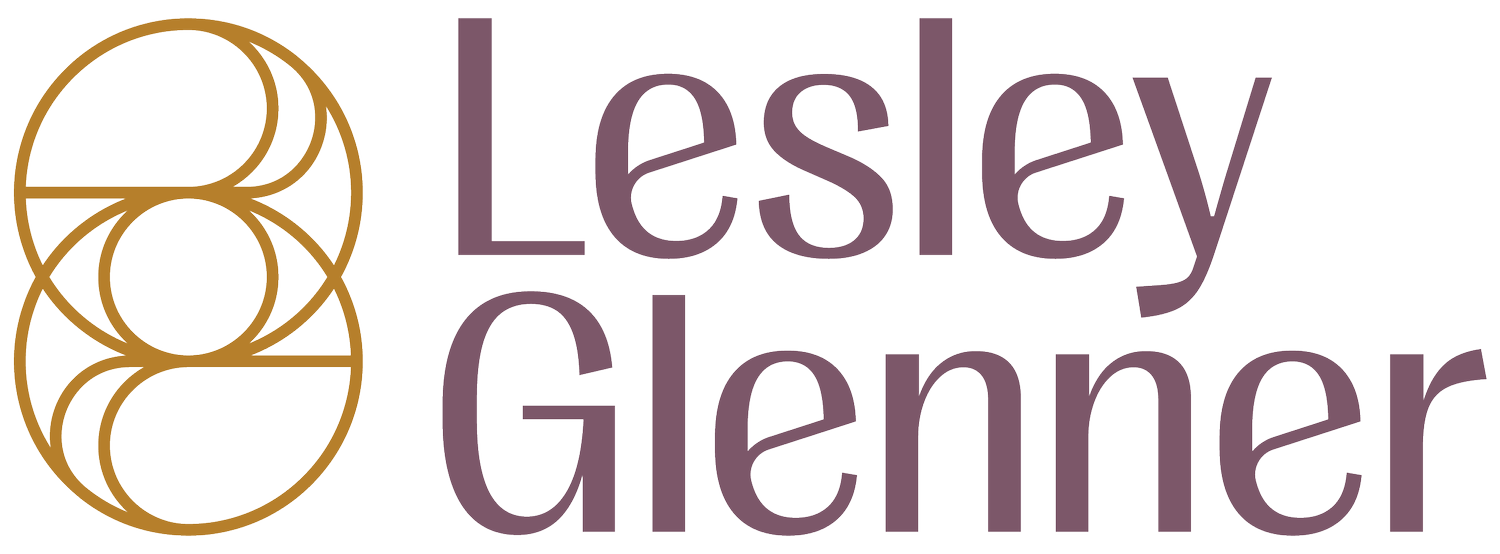Witnessing (vs. Advice Giving); A Skill of Attunement

Have you ever noticed that when someone holds space for you to speak without giving you advice, you feel more heard? When the listener just listens we feel seen, known- that’s the power of witnessing. It allows you as the speaker to feel more heard, understood, felt and safe than if the listener is trying to tell you what you “should” do. Often when we receive unsolicited advice the advice lands more like an interruption than support. We can easily feel missed, stressed or even worse when ill-timed advice is offered. That's because often when the listener is on the brink of advice giving they are not actually listening. They are planning what to say, they aren't actually present and often what comes out of their mouth is more about them.During our weekly fellowship circles at HoloBeing, we always encourage our practitioners to address each other’s emotional needs, or needs for clarity and direction, by simply listening, reflecting, and witnessing. We exercise a 'no advice' rule unless advice is explicitly asked for. Over the years we have noticed that it's common for circle members to want to give advice as another person speaks, but we encourage these other forms of support first - and advice-giving only if it is specifically requested.When we use the skill of deep listening and simply witnessing a person over time, an opportunity arises for deeper observation and understanding. It’s easy to jump to conclusions about what someone needs, its harder to be still, patient and curious. On different days, we see different facets of a person. Eventually we weave together a more complete and complex picture of the whole person in front of us. If we jump too quickly to advice or feedback we over-simplify and being at the receiving end of a piece of advice that doesn't land can feel unhelpful at best.Advice may not be needed.We are all very wise, intelligent beings and given the space and support we draw wonderful conclusions for ourselves. Rather than advice, what people often need is to work through their own thought processes in a loving and accepting environment. It's surprisingly simple.Simply providing a safe, agenda-free space for someone to be heard, offers them an amazing gift. We all enjoy the opportunity to verbalize our experience and be received. When we externalize our thoughts by saying them aloud to a caring listener we can see our experience reflected back to us. A new light is already shed through observation alone. If you aren't accustomed to holding your friends, loved ones and community members in this way when they share or process with you, try it and you'll see how incredibly fulfilling and nourishing it is for the person sharing with you and subsequently for you too.Advice can be disempowering or annoying.When we make suggestions, we risk removing growth opportunities and chances for creative problem solving from the person speaking. Usually when someone has an issue they aren't seeking advice they craving to be seen and understood, met, received- attuned to. When we jump to give advice its often about us, the listener, rather than the speaker. Advice itself can be disempowering.On the other hand, witnessing can be extremely empowering. The speaker gains a cellular experience of being heard and accepted as they are. They gain the space to find a solution or a next step for themselves.Advice may be about the giver.Advice-giving is often (not always, but often!) about the advice-giver. Its hard to see someone we care about struggling and our uninvited advice is often an attempt to quell our own discomfort by 'helping'. There may be a need to satisfy some unrest in the advice-giver who is struggling to track the speaker. Or perhaps the listener needs to problem-solve for themselves—for some other reason, not about the speaker. Perhaps they want to speaker to know, "you are not alone, me too, I can relate!" Usually unsolicited advice giving comes from a good place really, its usually an attempt to help or rescue the speaker from whatever they are wrestling with and decrease the vulnerability in the space.If you seek to give advice often, you may find that witnessing is a growth opportunity for you. Try it and observe what arises.If you strongly feel that you have some worthwhile advice to offer, ask the speaker if they would like some advice or if they are getting what they need out of just being heard. You may be surprised by their response.Leaving space for a more authentic experience.Admittedly, in modern societies, we’re not great at this concept of witnessing. Google "witnessing" and you wind up for tips about how to appear in court. To witness is to "see (an event, typically a crime or accident) take place," but it is also to "have knowledge of (an event or change) from personal observation or experience."By practicing sitting with others in their discomfort, without trying to fix or ease their pain and as soon as possible, we make space for the true human experience, more authentic connection is possible, and the other person feels allowed to be as they are, where they are.

HoloBeing's Fellowship Circle supports holistic businesses owners of all kinds - especially healer-types - to find their business strengths and the business growth strategies that resonate deeply with their being. We support you through exploring your business and money light and shadow so that you can move past deep-seated blocks and grow the business and life that you are capable of. Read more about the one-of-a-kind Fellowship Circle here, the benefits of our group and how you can join.
